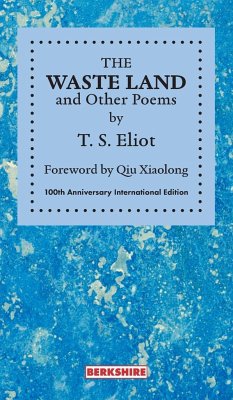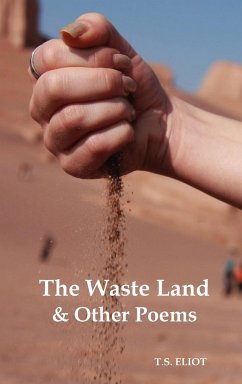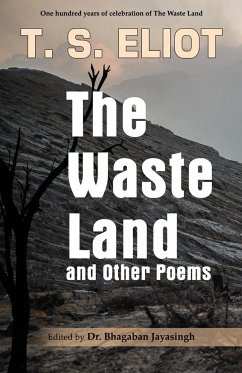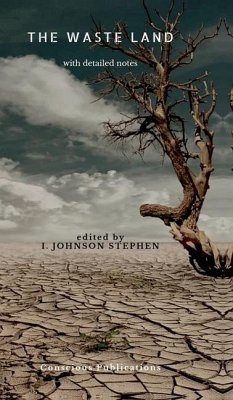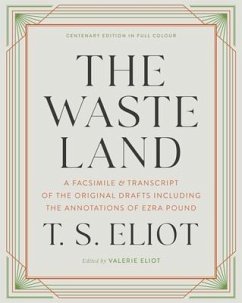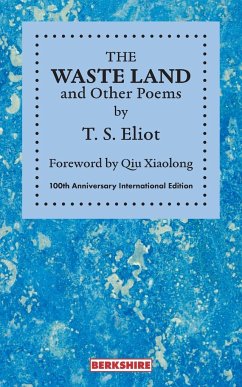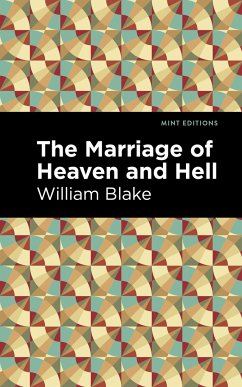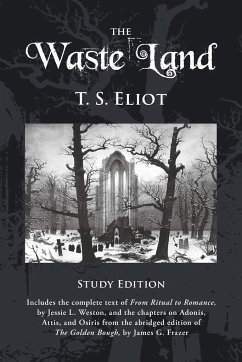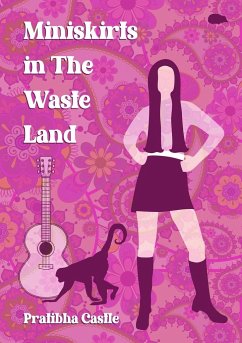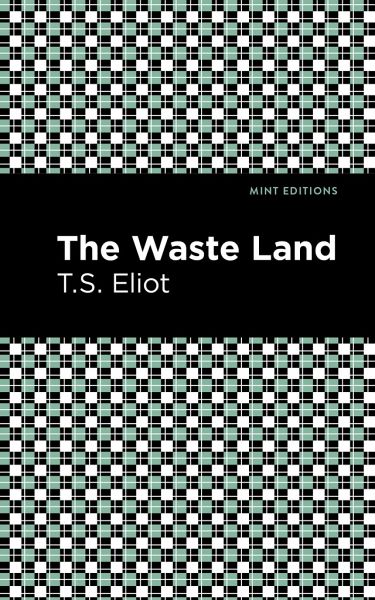
The Waste Land
Versandkostenfrei!
Versandfertig in über 4 Wochen
12,99 €
inkl. MwSt.
Weitere Ausgaben:

PAYBACK Punkte
6 °P sammeln!
"April is the cruellest month." This observation, echoing Chaucer, opens the most important poem of the twentieth century. As often imitated as it has been parodied, T.S. Eliot's The Waste Land introduced a new poetry to the world. Fragmented, polyphonic, multilingual, and mythical in scope, The Waste Land is a haunting vision of postwar Britain and a powerful excavation of self.



